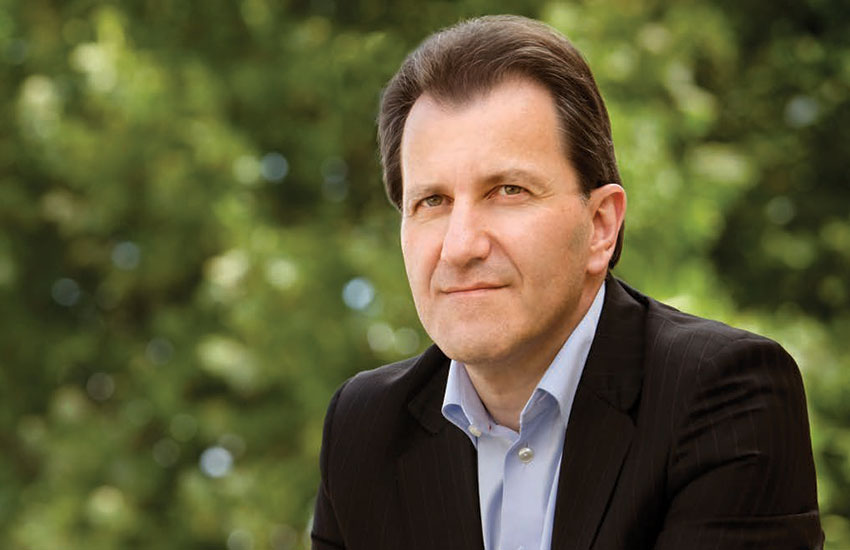New research from Unison Financial Group and Bstar has found that 70 per cent of respondents believed that expansion of services would be the most effective new revenue generator and strongest opportunity to seize growth over acquiring new clients to their practice.
This comes despite two out of five firms still deriving more than 50 per cent of their revenue from traditional accounting services such as accounting, tax, and compliance.
You’re out of free articles for this month
According to the report, the service elements of a diversified firm includes: traditional accounting services; management accounting; financial services including lending and finance, insurance and wealth management; business advisory; specialisation in a service and/or industry; asset protection and estate planning; and SMSFs.
The survey of 112 accounting firms with one to four partners found that while firms saw the value in having a diversified offering, 88 per cent said time restraints and capacity was a significant barrier to diversify.
Speaking to Accountants Daily, Unison Financial Group managing director George Haramis said that the ongoing royal commission should present an opportunity for accountants to capitalise on their status as a trusted adviser.
“Once again, it is the accountant that will most likely be viewed as the central point of contact for clients to discuss their financial affairs post-royal commission, given their status generally as the trusted adviser,” said Mr Haramis.
“Whilst accountants generally are considered to be the trusted adviser – can you really claim to be the trusted adviser if you only deliver one service?
“They must deliver an integrated range of services to cater to the personal, family and business needs of their clients,” he added.
“Not to do so – means there is a huge opportunity cost for both the client and the practice. The last thing any accountant wants is to lose a client because they not delivering the right services.”
Likewise, Bstar chief executive Grant Bloxham believes accountants need to work out what their clients’ needs are if they are to grow over the next year.
“We’ve found there’s positivity amongst the market regarding revenue opportunities for next year, but there’s a need for smaller firms to better engage with clients to understand their financial pain points, while demonstrating an ability to assist. The growing need for a more holistic adviser will drive growth opportunities in 2019,” said Mr Bloxham.
While Mr Haramis acknowledged that there might be a number of hurdles for firms to offer various services in-house, he believes they can start with a referral network.
“They do not necessarily have to deliver all of the services directly themselves,” he said.
“The research clearly points to the need to establish a formal relationship with external experts, so that accountants can deliver the services the clients want them to deliver.
“It is preferable to work with one group that can deliver all services given the importance of key items such as consistency of advice, fees, reporting, infrastructure, client services, and the overall ability to deliver an integrated and well-resourced advice proposition,” he added.
“The accountant will act as trusted adviser and manage the process of introducing the experts who will then deliver the services to clients.”
This email address is being protected from spambots. You need JavaScript enabled to view it.
Jotham Lian
AUTHOR
Jotham Lian is the editor of Accountants Daily, the leading source of breaking news, analysis and insight for Australian accounting professionals.
Before joining the team in 2017, Jotham wrote for a range of national mastheads including the Sydney Morning Herald, and Channel NewsAsia.
You can email Jotham at: This email address is being protected from spambots. You need JavaScript enabled to view it.

 Login
Login







